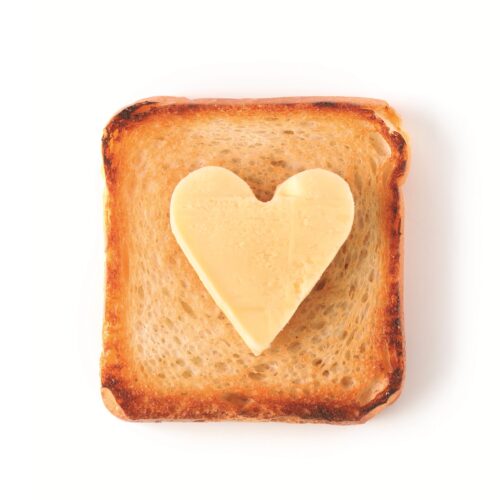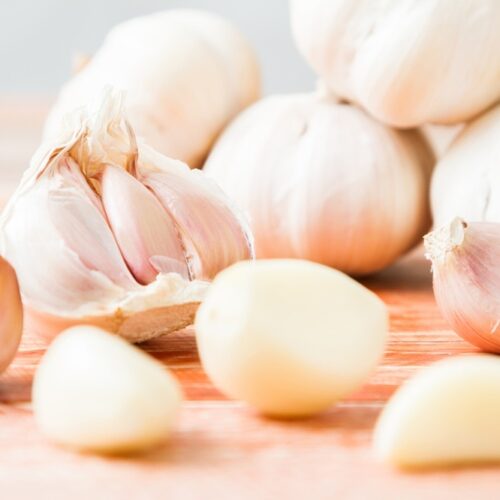
The discomfort of heartburn is familiar to most of us, but for some it's a constant pain – here's how to help prevent it.
Many of us know heartburn – or reflux as it’s also called – all too well. It’s that burning sensation that spreads from your chest to your throat, and occurs when the lower oesophageal sphincter (LOS) – the muscle that regulates food going into your stomach – becomes weak, allowing stomach acid to rise up into the oesophagus, causing pain and irritation.
An occasional episode of heartburn is nothing to worry about, but if it happens twice a week or more, you may have gastro-oesophageal reflux disease (GORD). If left untreated, GORD can lead to serious problems, including bleeding and ulceration of the oesophagus and even oesophageal cancer.
Visit your GP if you experience heartburn often, otherwise use antacids when symptoms strike (they offer relief rather than a cure) and follow our 10-step plan to prevent further problems.
1. Eat smaller meals
Avoid overeating, as this puts more pressure on the LOS, which can result in stomach acids rising up the oesophagus. If you experience heartburn after a large meal, change your eating habits and eat smaller meals more frequently.
2. Drink less alcohol
Alcohol increases the production of stomach acid, relaxes the LOS and makes the oesophagus more sensitive. If you experience reflux after drinking alcohol, take note of which drinks aggravate the condition and avoid them. And limit alcohol consumption to the recommended two standard drinks per day for women and four for men.
3. Drink lots of water
You should drink plenty of water, but it's best to drink small amounts regularly rather than large amounts less often. Drinking lots of water in one sitting increases the stomach contents and can make symptoms worse.
4. Try to lose weight
Being overweight puts extra pressure on your stomach and diaphragm (the muscle that separates the chest and abdomen), which forces open the LOS. It's thought that around 35% of people who are overweight regularly experience heartburn. Even a 10% decrease in weight will improve their condition.
5. Reduce stress
The stress of the busy lives we lead can bring on heartburn. While stress has not been linked directly to heartburn, it can trigger behaviours which cause reflux, such as smoking, drinking alcohol and not taking medication. Find a way to manage your stress – take an exercise class, get outside for a walk or go for a bike ride.
6. Raise your head in bed
Sleeping with your head and shoulders elevated prevents the contents of your stomach from pressing against the LOS and allows gravity to keep stomach acid where it belongs. To elevate your head, increase the number of pillows you sleep on or place bricks under the legs at the head of your bed so you're sleeping on a gradient.
7. Drink less caffeine
Caffeine also relaxes the LOS, increasing the risk of heartburn. Some people can tolerate more than others, so take note of how much caffeine you can drink comfortably rather than cutting it out.
8. Stop smoking
Cigarette smoking inhibits saliva production, which is the body's defence mechanism against reflux. It also promotes the movement of bile from the small intestine to the stomach, making stomach acids more harmful. In addition, smoking damages the oesophageal tissue, which makes it more susceptible to damage from stomach acid.
9. Don't lie down after meals
If you lie down straight after a meal, your full stomach can put pressure on the LOS, increasing the likelihood of heartburn. Wait two or three hours after a meal before heading to bed.
10. Eat less fatty food
Greasy, high-fat foods can increase the production of digestive acids, slow the emptying of the stomach, and reduce the pressure of the LOS. Limit the amount of high-fat foods you eat and opt for those containing healthy unsaturated fats rather than saturated fats.
www.healthyfood.com











